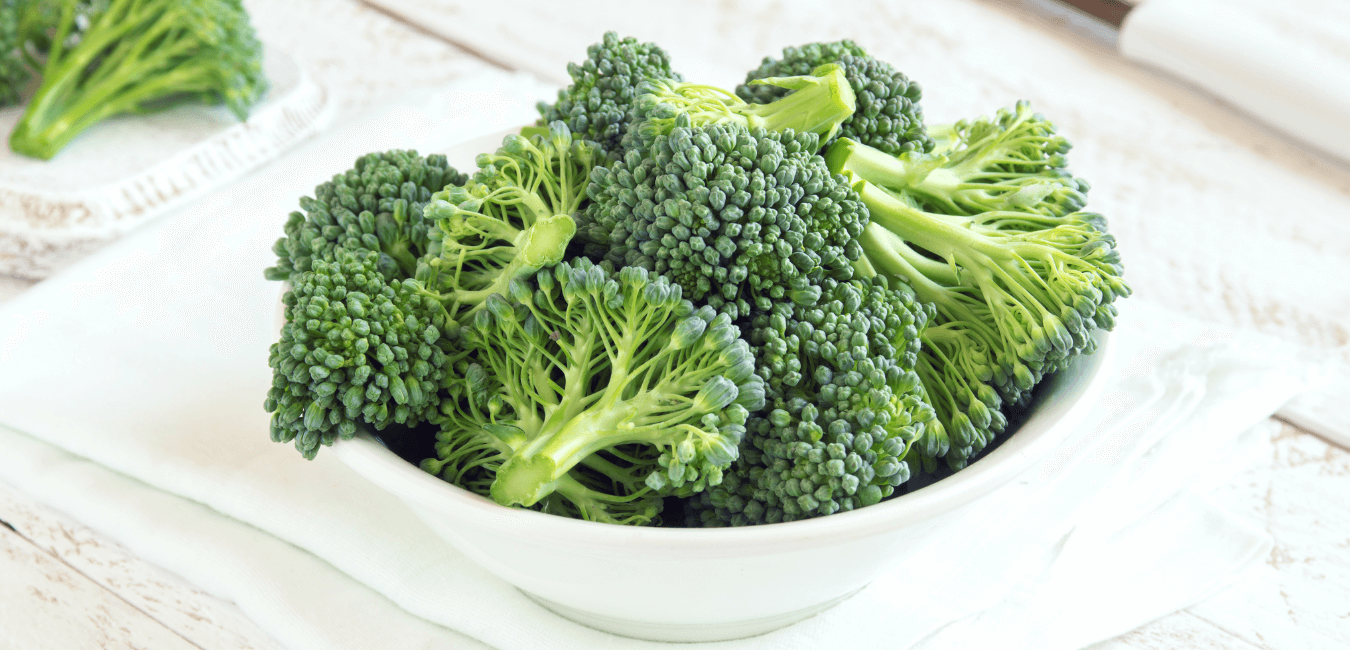Does the thought of broccoli and coriander make you shudder and run for the nearest Mars bar? According to Prof. Linda Bartoshuk, a pioneer in the genetic differences of taste, you might be in the 25% of the population who are super-tasters. People with this genetic profile can detect minuscule levels of the bitter taste in food and can tend to be picky when it comes to bitter veggies like broccoli.
On the other hand, do you love spicy, salty food with a good serving of alcohol on the side? At the genetic level, you might be a non-taster. This would make you more prone to love fatty, high-calorie foods (and it’s likely your alcohol consumption may have escalated during lockdowns). Non-tasters make up another 25% of the population. The in-betweeners (called simply tasters) make up the other 50%.
I regularly test for these gene variants in my DNA-based performance programs and my results roughly match the percentages and profiles above.
What does the bitter taste have to do with COVID-19?
What’s really interesting is that as well as this connection to food preferences, the variation in our bitter taste receptor gene can also affect our level of innate immunity (the immunity we were born with). This is not new research. We’ve known for a while that non-tasters have lowered levels of immunity in their respiratory tract and are more prone to chronic sinusitis.
Surprisingly, bitter receptors are not only found in the mouth, but also in the upper and lower respiratory tracts, in the skin, thyroid, gastrointestinal tract, and testes (no idea what they’re doing there but I’m waiting for the research to show up with bated breath!) Clearly, they matter.
In fact, as well as being involved in both taste and smell, bitter taste receptors also act as sentinels, ready to alert the immune system at the first whiff of bacteria and viruses. And it is precisely their role in respiratory immunity that has piqued the interest of an international team of researchers.
A new, exciting study looking at why people have different COVID-related outcomes found that people with the non-taster gene have a 10-fold higher risk of COVID-19 infection, a 5-fold increase in their average duration of symptoms, and a 4-fold higher risk of hospitalisation compared to those with the average variant (the tasters). None of the super-tasters in the study were hospitalised.
What does this mean?
Firstly, this means that more research is needed. This is just one study. However, it is interesting to note that science is now exploring the relationship between genetics and infection susceptibility.
Right now, this study doesn’t change the fact that the best protection we have against COVID is:
- get vaccinated (I’m 100% pro-vaccination and everyone in my family has had the jab)
- wear a mask
- engage in low-risk activities
as well as build consistent wellness behaviours around nutrition, movement, mind and heart-care activities that boost our overall health and sense of wellbeing.
I am watching this area closely to see how this research evolves with more studies and what is found in relation to COVID-19. This is definitely an exciting space to watch!
Here is a Smart Hack for boosting your upper respiratory immunity.
